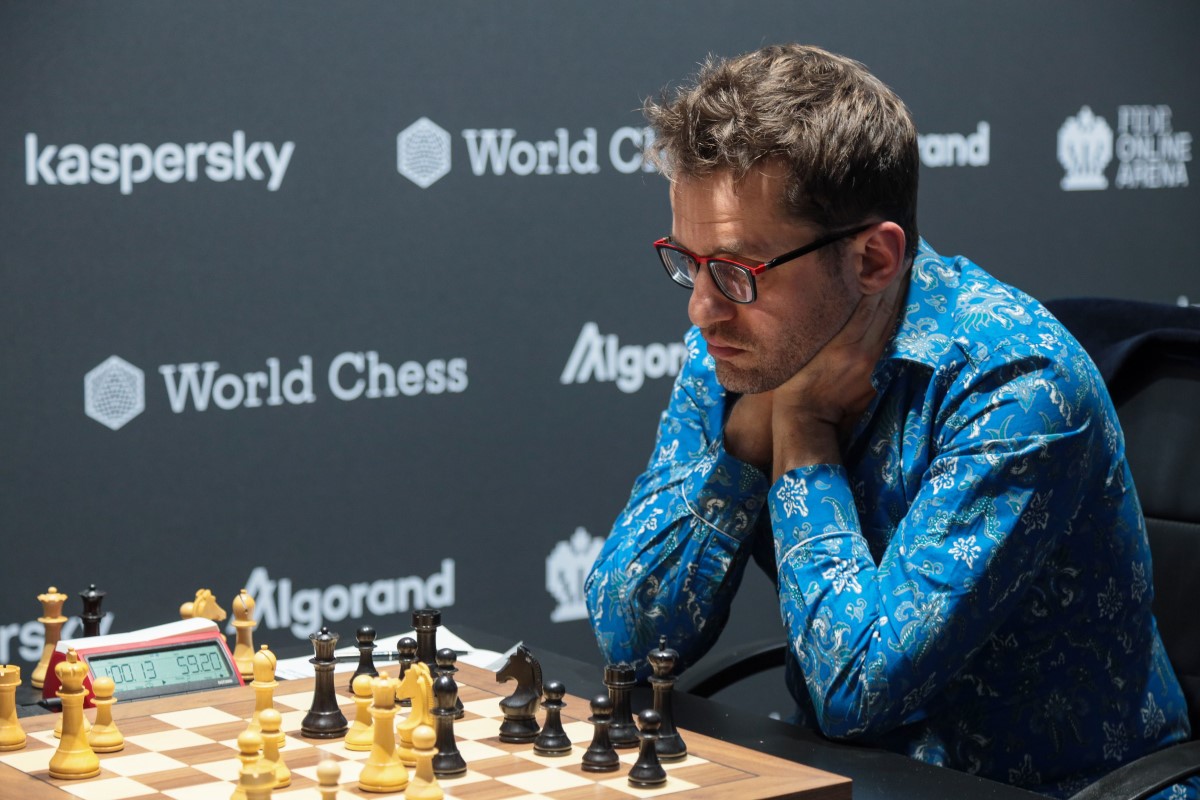


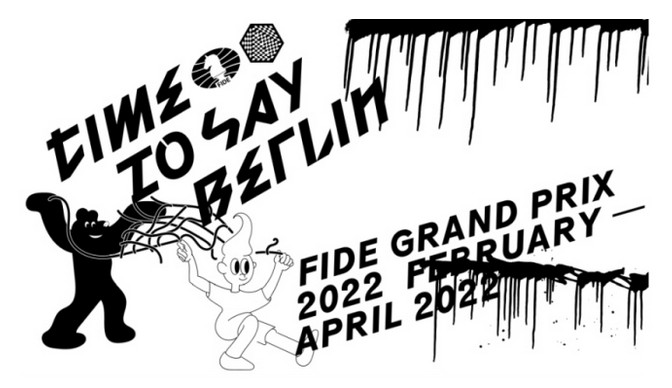 So far, the newly minted format put forth by FIDE for this year’s Grand Prix series has worked wonders in terms of entertainment value. Tough battles have been seen throughout the first five rounds of the group stage, as the players have taken an aggressive approach while pursuing the one spot granted in each four-player pool.
So far, the newly minted format put forth by FIDE for this year’s Grand Prix series has worked wonders in terms of entertainment value. Tough battles have been seen throughout the first five rounds of the group stage, as the players have taken an aggressive approach while pursuing the one spot granted in each four-player pool.
After five rounds (out of six) in the group stage, only Levon Aronian secured his pass to semis. The recently naturalized grandmaster has won three games and drawn twice to get an unsurmountable 1½-point lead in pool C. His impressive performance has gained him 10.1 rating points, as he now sits in fourth place in the daily updated world ranking.
It is worth noting that the players in pool C still have plenty to fight for in round 6, given how the organizers have set up the distribution of prizes and GP points:
A difference of 2,000 Euros and 2 GP points between getting second and third place (or between third and fourth) should be enough motivation for Vidit, Daniil Dubov and Vincent Keymer to fight for a win on Thursday.
The winners of the remaining three pools will be decided in what is expected to be a thrilling round, with the likes of Wesley So, Richard Rapport and Leinier Dominguez knowing all too well that not reaching the semis significantly lowers their chances of making it to the Candidates Tournament — surely the goal of such ambitious, high-rated players.
Two decisive results in round 5 set up a showdown in pool A. Only Hikaru Nakamura or Andrey Esipenko can win the group, and the two grandmasters are paired up against each other in the final round of the double round-robin.
Naka will get the black pieces and draw odds on Thursday, since he is still in the sole lead after beating Alexander Grischuk with the white pieces. By the time move 40 was approaching, with Grischuk in deep time trouble, Esipenko had already beaten Etienne Bacrot.
A blunder by Black put an end to the game.
With so many pins in the position, Grischuk failed to foresee the winning 41.h7 — a sneaky move indeed. After 41...Kd7 42.Qg8, the Russian resigned.
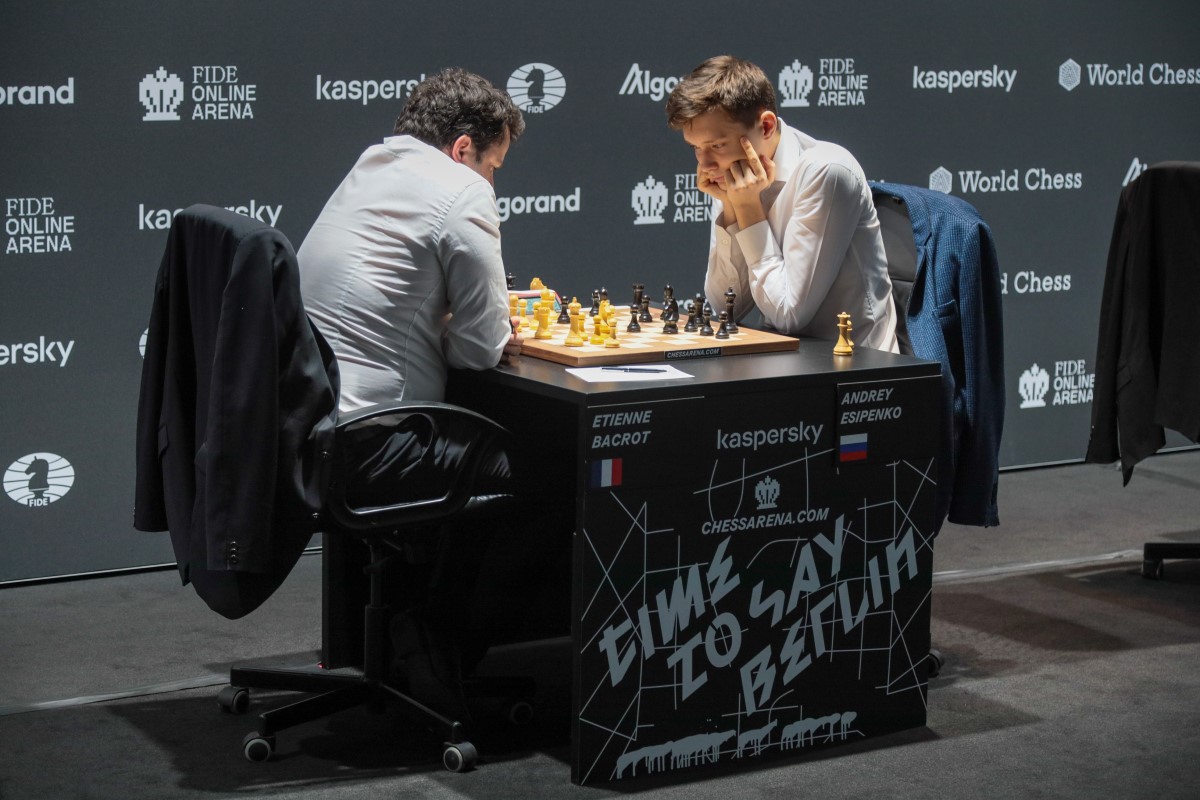
Andrey Esipenko beat Etienne Bacrot with the black pieces
This is the only group in which three players are still fighting for first place, with Radoslaw Wojtaszek and Vladimir Fedoseev currently sharing first place on 3/5 and Richard Rapport trailing a half point back. In round 6, Rapport will have white against Fedoseev, while Wojtaszek will face tail-ender Grigoriy Oparin with the black pieces.
In the fifth round, Fedoseev entered an IQP position with black, but found enough counterplay to keep the balance against Wojtaszek.
After 21...Rh4 22.g3 Rh6, Wojtaszek offered a queen swap with 23.Qd4. Fedoseev agreed to exchange the most powerful pieces on the board, and a draw was soon agreed.
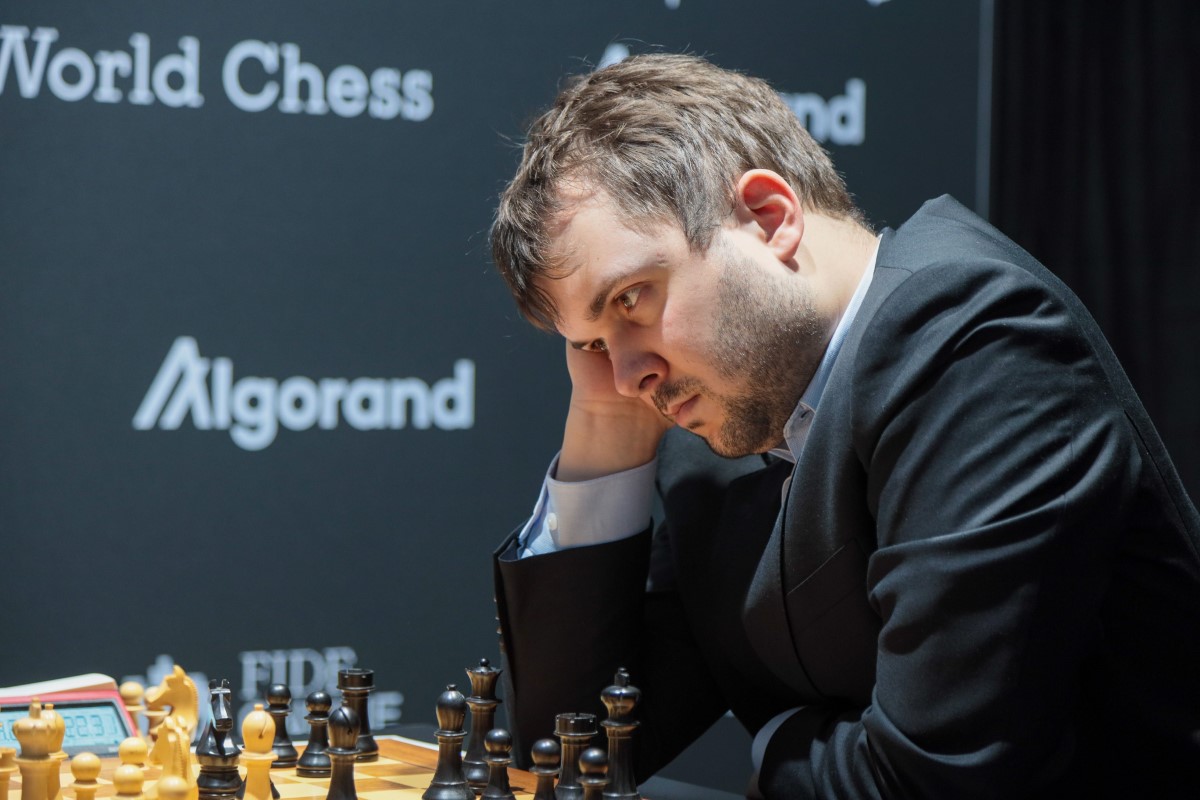
Vladimir Fedoseev
In yet another impressive showing, Levon Aronian beat Vincent Keymer with the black pieces. The group leader found an astounding move in the early middlegame.
Aronian needed 12 minutes to find the best move in the position, the one that gave him a slight edge going forward: 17...g5.
Black correctly assessed that there was a tactical justification to push the pawn in front of his king on a board full of pieces. For example, after 18.Qxg5 Bg6 19.Qf4 Black can use the pin along the c-file with 19...b5, since 20.b4 (as seen in the game on move 18) fails to 20...Qxb4 21.Bb3 (saving the piece) Qc3+
As this variation shows, White’s monarch is incredibly vulnerable on c1. Keymer saw all this, and after thinking for 23 minutes went for 18.b4 in the first diagrammed position, the very best alternative for White.
In the double-edged setup that appeared on the board, both players continued to find strong manoeuvres — until the youngster faltered on move 29.
29.f3 or 29.Ke3 were called for here, defending the e4-pawn. Keymer’s 29.Rh5, on the other hand, allowed 29...Qxe4, when Black’s attack is quicker. There followed 30.Rg1 Rxd5+ 31.Kc1 Qf4+ 32.Kb1 Rd4
Note how the black knight had been pinned on e5 all along. Aronian did not flinch though, as he precisely calculated the winning line with little time on the clock. Keymer resigned three moves later.
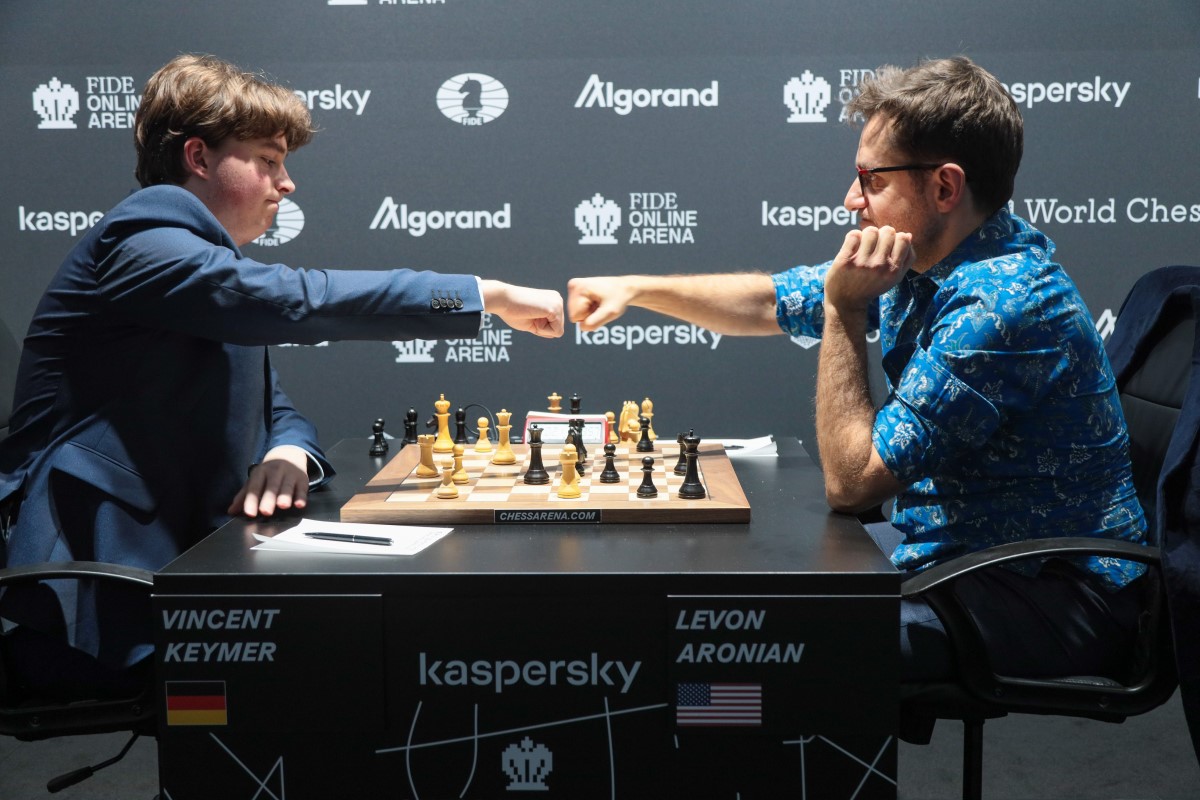
Resigning with a fist bump — Vincent Keymer versus Levon Aronian
After losing the crucial encounter against Wesley So in round 4, Leinier Dominguez bounced back to remain in the fight for first place. The Cuban-born star beat Pentala Harikrishna with the black pieces to go into the deciding round a half point behind So.
Out of a Sicilian Defence, Harikrishna was the first to deviate from theory while facing one of the most principled players in the circuit. Both contenders spent vast amounts of time at different moments during the opening and early middlegame phases. But it was the Indian who faltered first in the ensuing sharp struggle.
This is a tough position for White, with his opponent’s queen and minor pieces constantly threatening to infiltrate the opposite camp from their strong outposts. After a 9-minute reflection, Harikrishna chose to continue with 27.Nc5, giving up the b-pawn — 27...Qxb2 28.Qf3 Bc2 29.Re1 b6 30.Nxa6
Black gave back the extra pawn, but got an even larger advantage in terms of piece coordination. Dominguez continued to find strong, active moves, and eventually entered a superior rook and knight endgame.
The material continues to be even, but Black has the better structure and a clear target on a4. Dominguez, not surprisingly, showed good technique until getting a 51-move win.
In the deciding round, Dominguez will face Alexei Shirov with the white pieces.